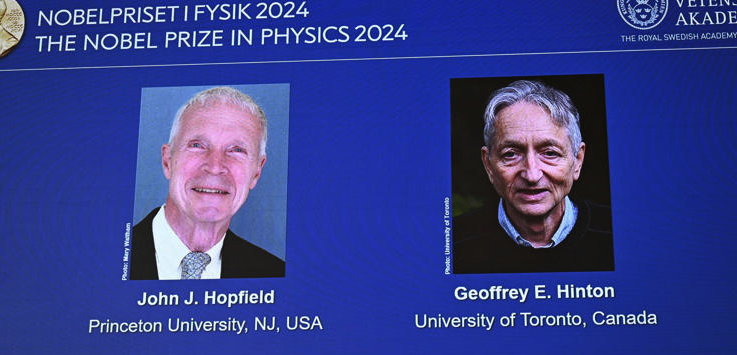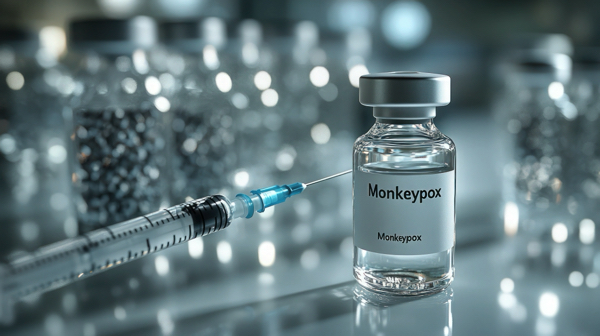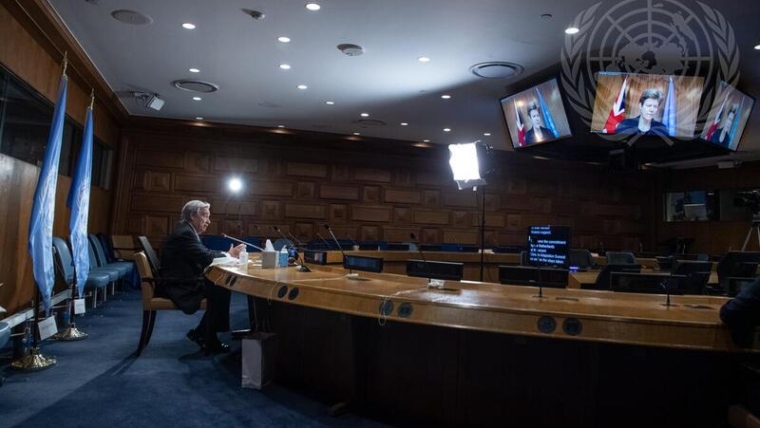AI pioneers John Hopfield, a Canadian-British citizen, and Geoffrey Hinton, an American, won the Nobel Prize in Physics on Tuesday for their contributions to developing the building blocks of machine learning.
Hinton, known as the “father of artificial intelligence,” noted that the technology offers enormous benefits, but also raises new concerns about its impact on humanity.
Ellen Mounce, a member of the Nobel Committee at the Royal Swedish Academy of Sciences, said the laureates “used fundamental concepts from statistical physics to design artificial neural networks that act as associative memory and detect patterns in large data sets.” These networks have advanced physics research and have become part of our daily lives, such as facial recognition and language translation.
Hinton predicted that artificial intelligence would have a “huge impact” on civilization, likening it to the Industrial Revolution. He stressed that artificial intelligence will improve productivity and health care, but warned that “we have to be concerned about potential negative consequences, especially the risk of this technology getting out of control.”




